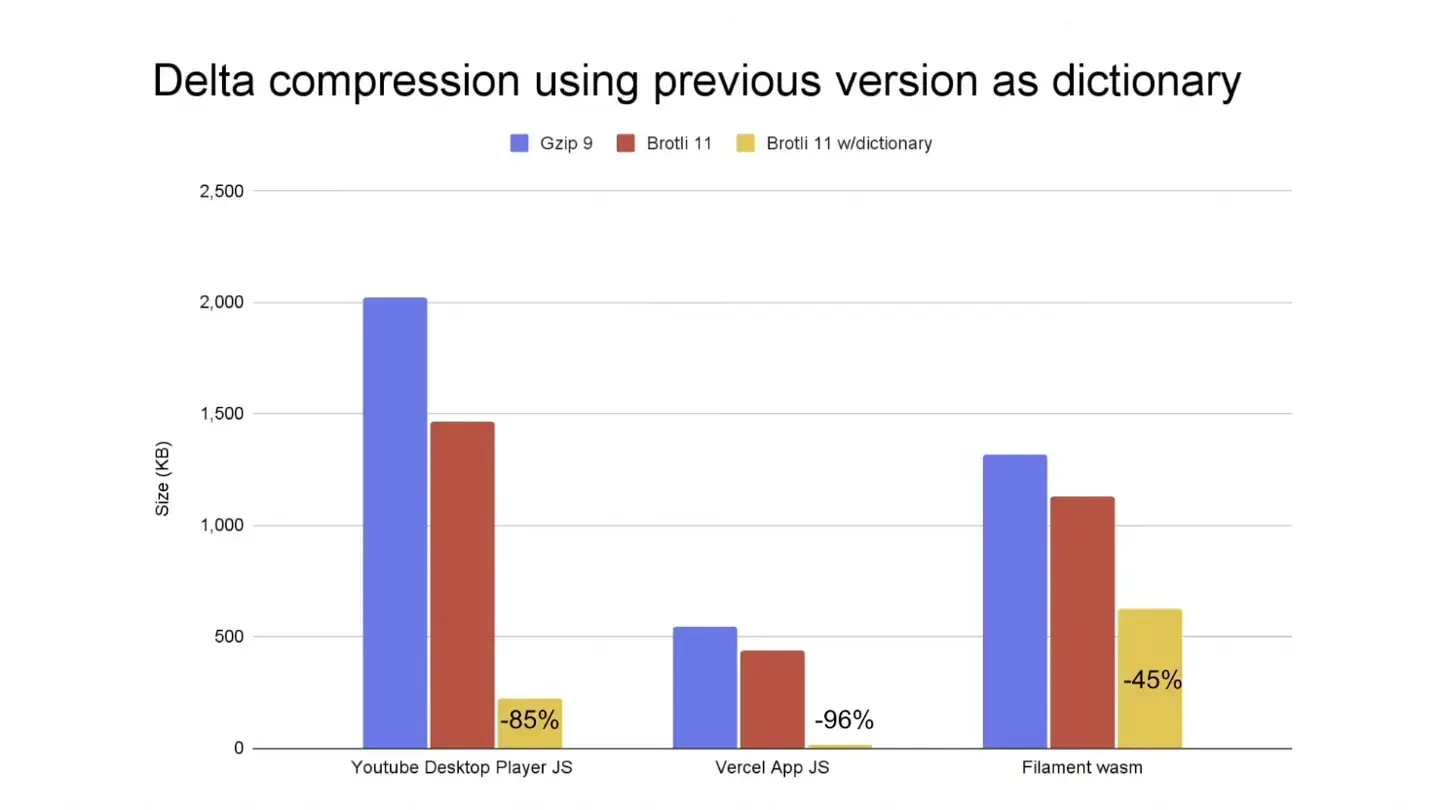
GRAND RAPIDS, Mich. (WOOD) — After Grand Rapids Public Schools began using artificial intelligence software to translate videos into Spanish, the Hispanic Center of Western Michigan says it’s concerned the technology might replace human interaction. District officials say that won’t happen.
Earlier this week, the district announced it was testing new technology to better reach Spanish-speaking families. The AI software takes a video of a GRPS leader speaking English, then translates it into Spanish, creating a new video — that is clearly marked as AI-generated — using the speaker’s voice. It even changes the speaker’s mouth movements, according to the district.
On Friday, the Hispanic Center of Western Michigan, alongside several other organizations, released a letter detailing concerns about the initiative. The letter questioned whether GRPS had gathered feedback from Spanish-speaking parents and considered input from Latino and/or bilingual team members before testing the new technology.
“While we understand and appreciate the efforts to find innovative solutions for overcoming communication barriers, we firmly believe that AI should be viewed as a tool rather than a comprehensive solution to the multifaceted challenges faced by our diverse community,” the letter reads. “It should not replace the essential role of bilingual and culturally responsive staff in fostering true inclusivity.”
Leaders emphasized human interaction, calling for more bilingual staff members and Latino representation in the district’s leadership. They asked GRPS to create clear guidelines for the technology’s use “to avoid confusion or concerns about the replacement of staff or the lack of intentionality in hiring a diverse team.”
The letter was signed by dozens of other West Michigan organizations, including The Diatribe, Grand Rapids Pride Center, Baxter Community Center and Movimiento Cosecha GR. You can read the full letter by visiting the Hispanic Center of Western Michigan’s Facebook page.
In a Friday release, GRPS said it started gathering feedback Thursday from families with Spanish as their preferred language. Almost 90% of the families say they want the district to keep using the technology, according to GRPS.
In response to concerns that the new technology could replace personal relationships, the district says that won’t happen.
“This is a tool that we are piloting as an additional option for those who watch our videos. It cannot and will not replace the human interaction with our families that our incredible team of interpreters help us with every day,” GRPS spokesman Leon Hendrix said in a statement.
The district on Friday released two “guardrails” for its use of AI: Every video generated or translated by AI will be clearly marked as such at all times, and all videos will be reviewed by someone fluent in the language.
GRPS also agrees that more Latino community members are needed on its leadership teams, according to the release.
After hearing such a range of opinions, the district says it will proceed more cautiously from now on and prioritize community input.
“We’ll be slowing down and extending the pilot phase of this software to garner more feedback from our community,” Hendrix said in a statement. “We are so grateful to have great community partners who are willing to share honest feedback.”





